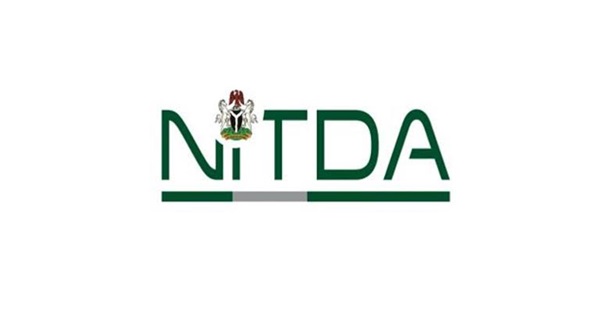
The National Information Technology Development Agency (NITDA) has announced the release of the draft technical standards for digital public infrastructure (DPI) for public consultation and is actively seeking comments and contributions from citizens and stakeholders on this crucial document.
This development underscores the Federal Government’s unwavering commitment to building an inclusive, secure, and interoperable digital ecosystem that will stimulate economic growth, enhance public service delivery and empower Nigerians nationwide.
According to a statement issued by the agency’s director of corporate communications and media relations, Hadiza Umar, the Federal Government, through the Federal Ministry of Communications, Innovation & Digital Economy, had earlier unveiled the digital public infrastructure framework on March 4, 2025. This framework lays a comprehensive foundation for reforming public service delivery using a whole-of-government approach while encouraging private sector participation to design and deliver cross-cutting services that improve citizens’ well-being and access to essential services.
The framework also established the Nigerian Digital Public Infrastructure Centre (Ng-DPIC) as the programme’s implementation hub, tasked with coordinating national efforts to educate, support research and provide knowledge management in the development of Nigeria’s DPI. The objective remains clear: to build a robust, future-ready DPI-driven architecture that delivers widespread social and economic benefits.
Building on this, the draft technical standards for DPI now offer a well-structured roadmap for the design, development and deployment of Nigeria’s digital public infrastructure. These standards set forth essential technical requirements and proven methodologies to guarantee interoperability, security and operational efficiency across digital services. By establishing clear and actionable guidelines, the standards aim to enable the seamless integration of various DPI components, fostering a secure, scalable and resilient digital ecosystem. The document also provides a framework for integrating critical sector-specific DPI systems, including digital identity platforms, payment systems and data exchange frameworks.
The draft regulation is intended to ensure interoperability and data protection, promote robust cybersecurity protocols and encourage the active participation of both public and private sector players in building shared digital resources. Extensive research, international best practices and engagements with a wide range of stakeholders have informed the drafting process, reflecting the government’s ambition to harness digital technologies to drive national development and improve the quality of life for all Nigerians.
The draft technical standards outline clear objectives aimed at ensuring seamless communication between platforms and agencies, safeguarding sensitive data while complying with both local and international standards and promoting accessible systems that cater to all citizens, including vulnerable groups. It also sets clear performance benchmarks to guarantee reliability and scalability, provides governance frameworks to ensure accountability and regulatory alignment and supports the use of open-source technologies while establishing guidelines for their responsible application. Furthermore, it recommends standardised testing practices to ensure systems consistently meet defined technical and user requirements.
Recognising the importance of inclusive policymaking, the Federal Government is urging all citizens, businesses, civil society organisations, academic institutions and international partners to review the draft standards and submit their feedback. The draft document is available for public review on the NITDA website and stakeholders are invited to send their comments to regulations@nitda.gov.ng by May 8, 2025.
Once the consultation period ends, NITDA will carefully review all submissions before finalising and implementing the standards. This effort marks a pivotal moment in Nigeria’s digital transformation journey, as the government believes that a clear and well-executed DPI framework will unlock the immense potential of the country’s digital economy, contributing to sustainable, inclusive development for all Nigerians.


